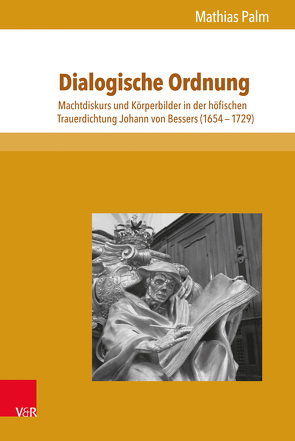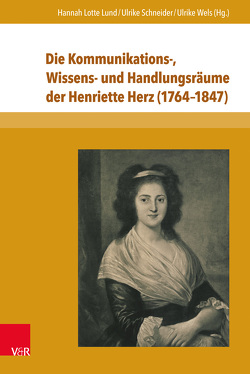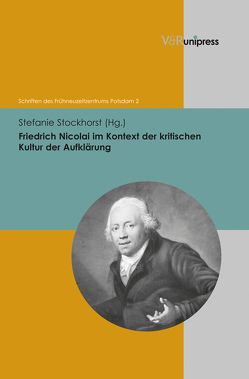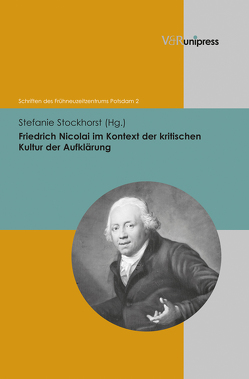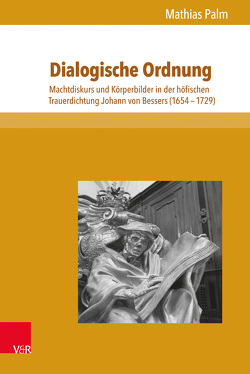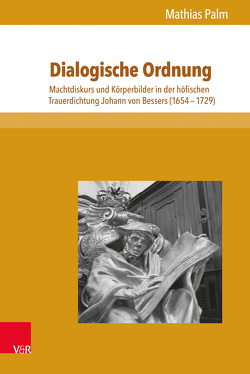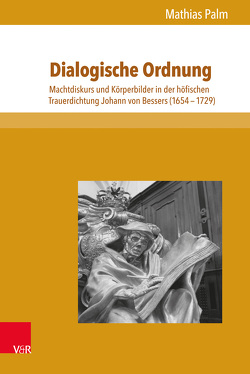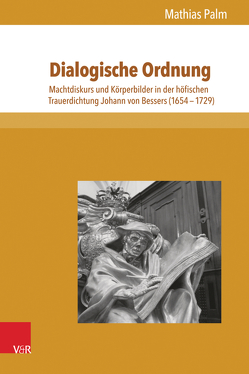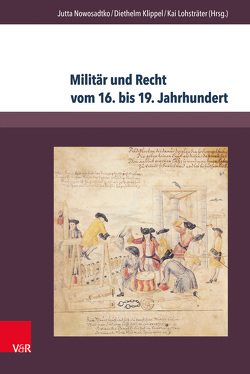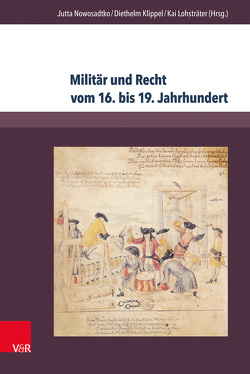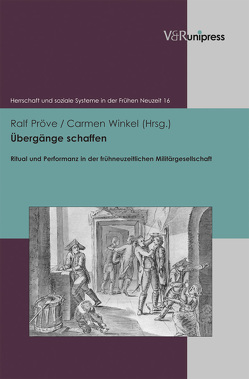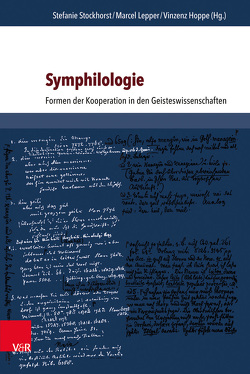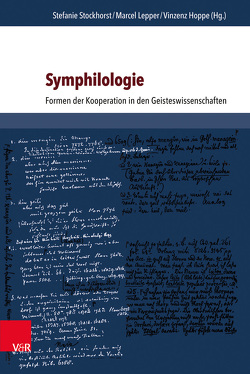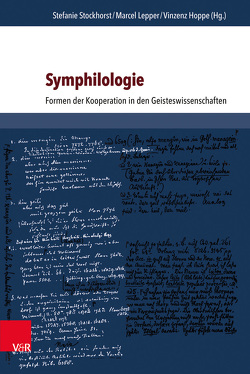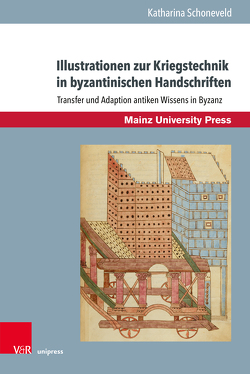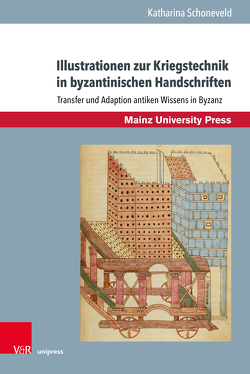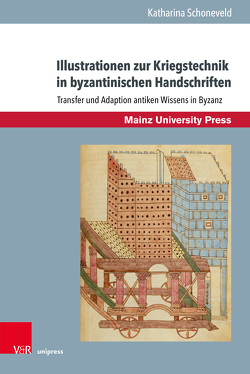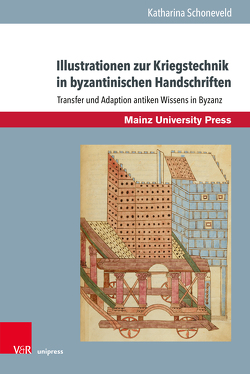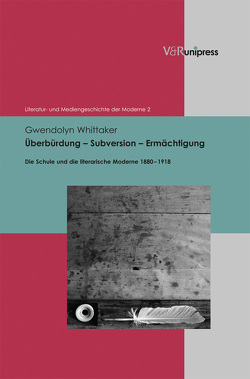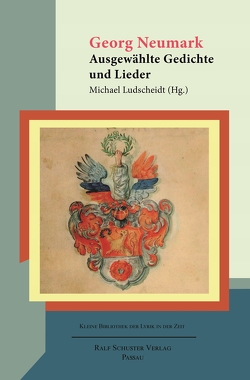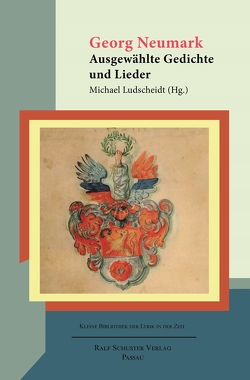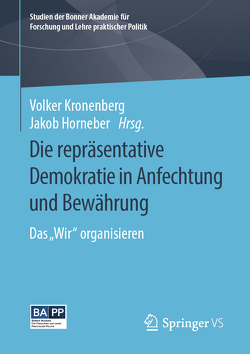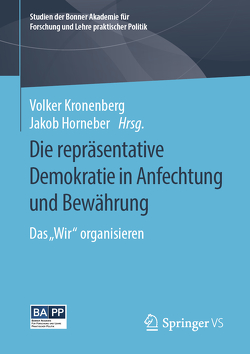Dialogische Ordnung
Machtdiskurs und Körperbilder in der höfischen Trauerdichtung Johann von Bessers (1654–1729)
Cornelia Klettke, Andreas Köstler, Mathias Palm, Ralf Pröve, Stefanie Stockhorst, Dirk Wiemann
Am Beispiel ausgewählter Trostschriften des brandenburg-preußischen Oberzeremonienmeisters Johann von Besser widmet sich Mathias Palms Studie der paradigmatischen Ausprägung des Dialogischen in der Literatur der Frühen Neuzeit. Das dialogische Paradigma der Arbeit orientiert sich an den höfisch-sozialen Kategorien Zeremoniell und Repräsentation. Auf der medialen Ebene behandelt ein ebenso dialogisch konzipiertes Machtdispositiv diese soziale Verfasstheit als Teil eines Herrschaftsdiskurses sowie als Mittel der Partizipation und der Legitimation. Die Vermittlung erfolgt insbesondere über die Motivik von Körperbildern als soziales bzw. physisches Gebilde. Die Epicedien sind Steuerungsmedien und Indikatoren politischen bzw. höfischen Verhaltens und verweisen über die Vermittlung der Körperbilder auf jeweils intendierte Machtkonstellationen, die so für die Systemstabilisierung und Sozialdisziplinierung in der höfischen Welt sorgen. Based on examples of selected writings of consolation by Johann von Besser, Supreme Master of Ceremonies of Brandenburg-Prussia, Mathias Palm’s study addresses the paradigmatic form of dialogue in early modern literature. Setting out from a model of the general connection between norms and deviation, the dialogical paradigm of the study is oriented to the courtly social categories of ceremony and representation. At the media level a dialogically conceived dispositive of power treats this social constitutiveness as a part of a discourse of power and a means of participation and legitimation. The message is mediated in particular through body images representing social or physical structures. Besser’s Epicedia, or funeral sermons, have a regulatory effect, functioning as indicators of political, or courtly, behaviour and pointing to intended power constellations through the body images, thus ensuring the stability of the system and social discipline in the courtly world.
